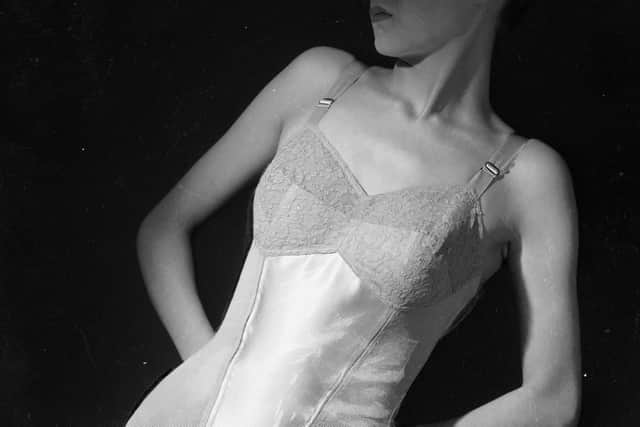In Juliet Jacques' tales of transgender Britain, fact and fiction combine to make a declaration about authentic living – Laura Waddell


Taking inspiration from historic newspaper clippings, diaries, and assorted reports – and particularly, responding to their limitations – are tales of transgender Britain come alive in Jacques’ imaginative telling.
Fictionalised accounts of real people is a genre I approach with caution; the moral muddle of authorship is complex.
Advertisement
Hide AdAdvertisement
Hide AdThis was apparent last week when a woman who recognised herself as inspiration for the short story Cat Person by Kirsten Roupenian, which was published in the New Yorker in 2017 to an unprecedented viral response, wrote a measured essay about what it was like to have people in her small town recognise distinctive features in the story’s protagonist, a young woman in a disappointing short-lived relationship.
The most interesting thing about the Cat Person phenomenon was confusion in readers between fiction and personal essay.
This time it was the tussle over narrative control, some authors poised to defend their craft from condemnation unduly hostile to the idea of this ‘source’ speaking for herself.
Fiction, perfectly reasonably, often borrows details from real life, but the courtesy of changing distinguishing characteristics would have cost the story nothing.
Variations, however, successfully makes its own case for joining the dots. I enjoyed the witty depictions of secret balls, stashed corsets, and risk-taking love affairs, from the era of risque Victoriana up to recognisably 21st century club nights – the nightlife scenes that have been so important to LGBT community, congregation, and building a counter-culture.
But it soon becomes clear just why there are so many gaps in these stories to be filled in the first place.
Jacques lights up a landscape of lives interrupted, individuals who lived in the margins for fear of imprisonment or fines, who under judicial and social strain lost jobs, left relationships, and moved away to start new lives, falling out of contact.
Beyond the scholarly interest in the public record that underpins this collection, and its inherent critique of sensationalist media treatments of minorities throughout history, is a vital, lightning-bright declaration for living authentically.
A message from the Editor:
Thank you for reading this article. We're more reliant on your support than ever as the shift in consumer habits brought about by coronavirus impacts our advertisers.
If you haven't already, please consider supporting our trusted, fact-checked journalism by taking out a digital subscription.
Comments
Want to join the conversation? Please or to comment on this article.
